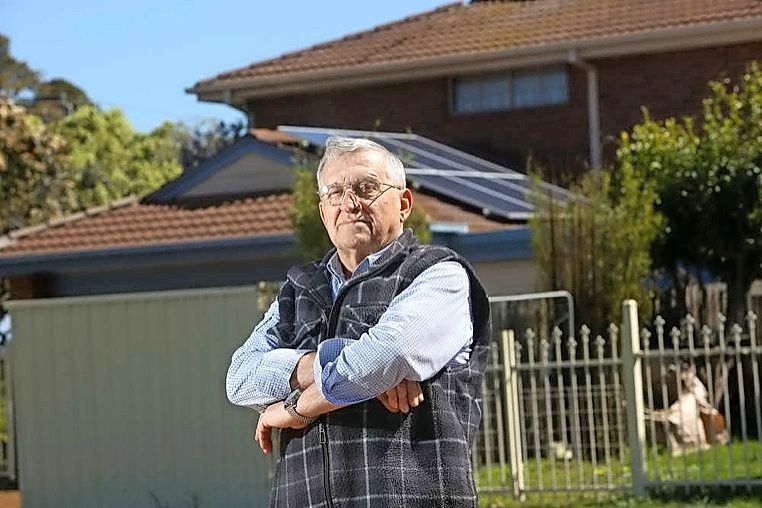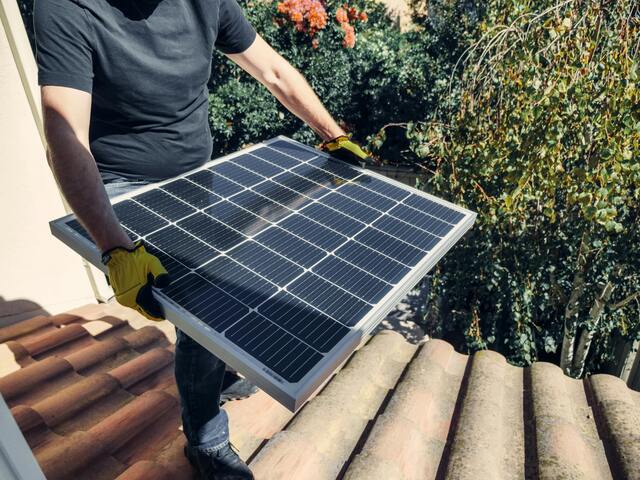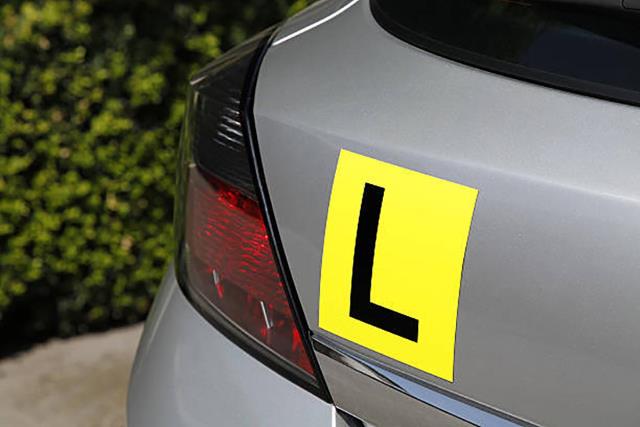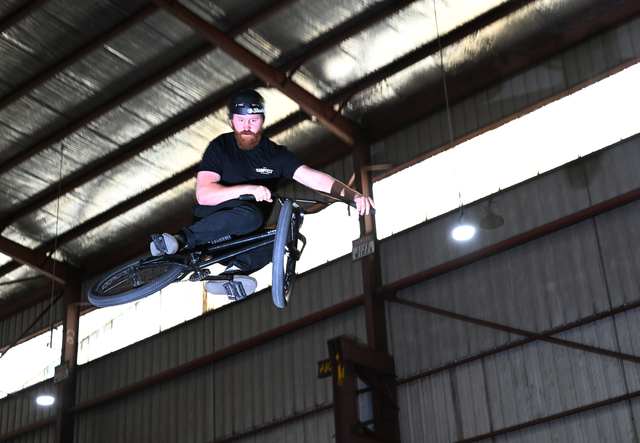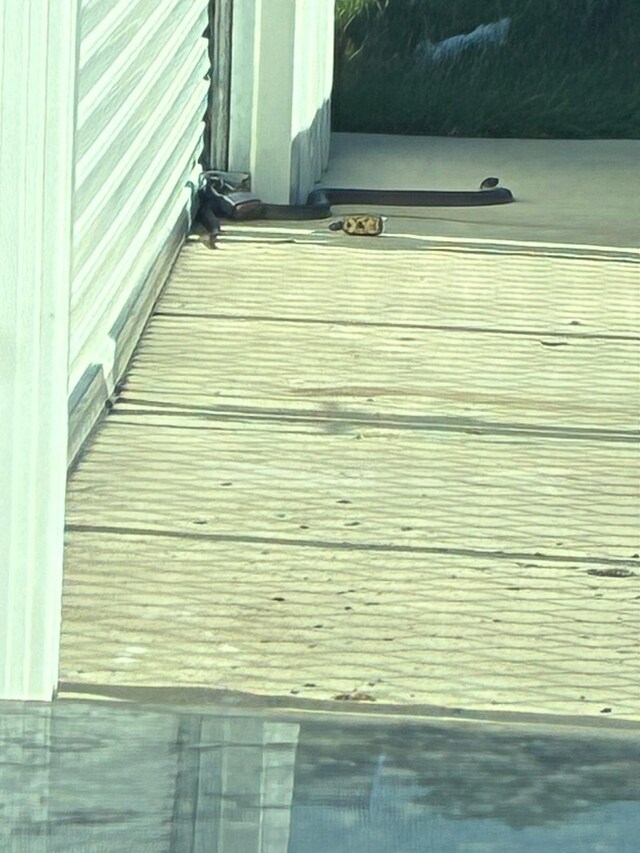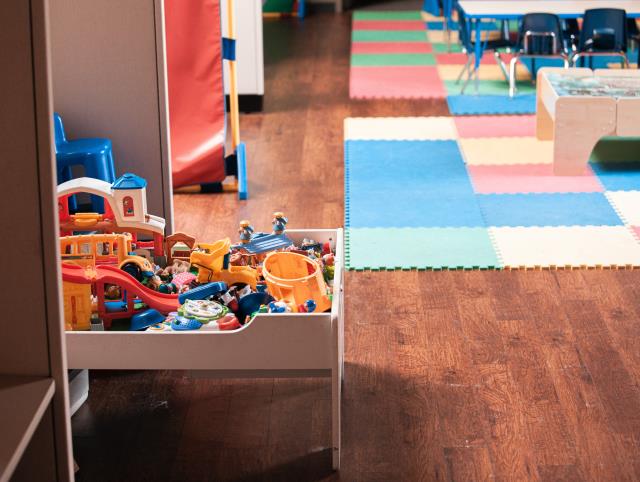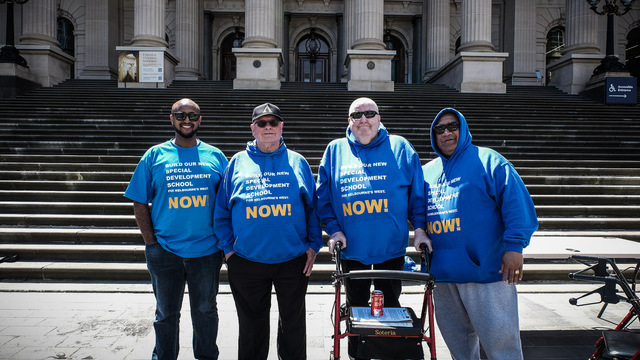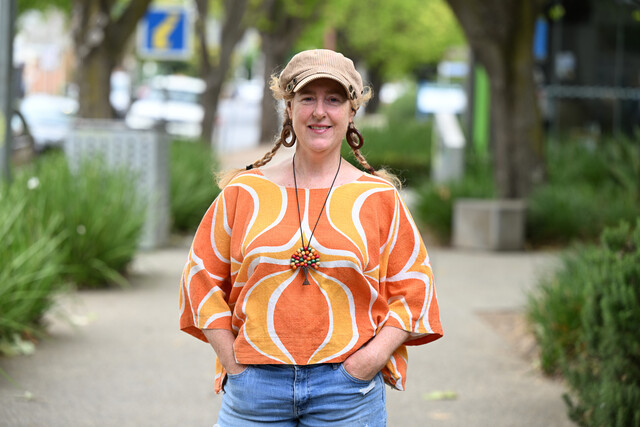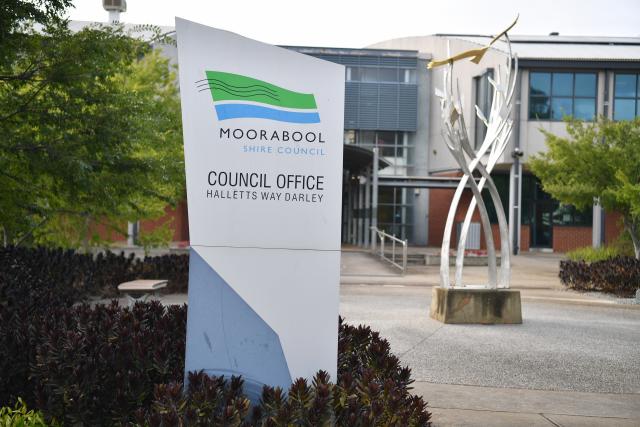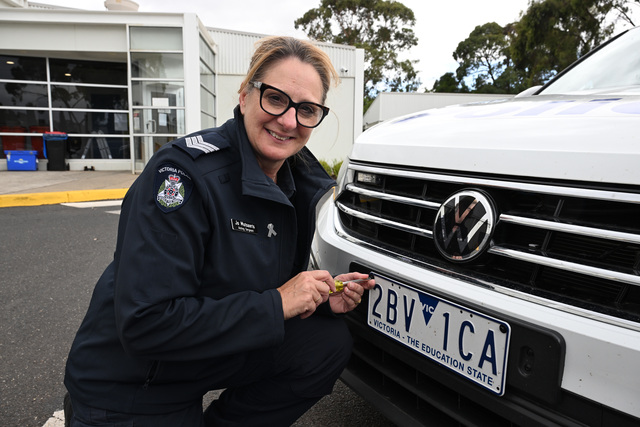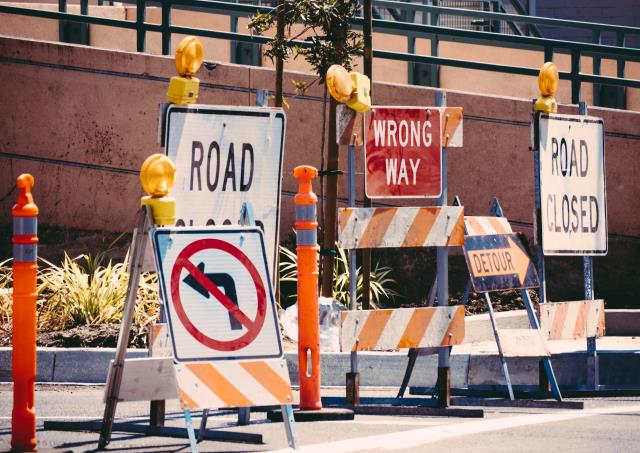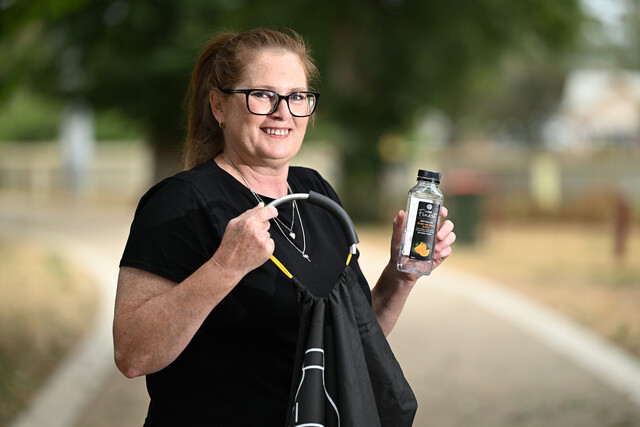When Raymond Scheicher decided to install solar panels at his Melton West home, the retired grandfather was told he’d save at least $1200 a year.
Instead, Mr Scheicher claims he’s out of pocket by $400 every three months.
“In my last bill cycle, I used 1029 kilowatts [of electricity]. I buy from them at 24 cents per kilowatt,” he says.
“I give them, in 90 days, 658 kilowatts at five cents, so I got $32 credit. That’s $10 a month.
“The one before, I sold back to the grid only 351 kilowatts and I got $17 credit.”
Mr Scheicher says he was told by a solar installation company his 20 solar panels, with a five-kilowatt inverter, would generate about 25 kilowatts a day in warmer weather, and about 15 when cloudy.
But the energy generated from the panels since he had them installed in March has been far from those figures.
“Now, I follow for quite a while this meter. You remember one day a few weeks ago it was really hot, 27 degrees. The highest it came was 16 kilowatts, and that was about 11am … 2pm, I went again to check up, it’s generating four kilowatts.”
Mr Scheicher says he feels “ripped off”.
“The [state] government should bring back a proper feed-in tariff. This government is encouraging you to get solar so you don’t pay so much electricity. But energy companies charge you 24 cents for power you use, and $1.10 per day for supply of electricity, and we’re only getting five cents per kilowatt.”
The Essential Services Commission recently tabled a report in State Parliament reviewing solar panels and feed-in tariffs, which was set at five cents a kilowatt in August last year.
State Energy, Environment and Climate Change Minister Lily D’Ambrosio said it was important that customers were paid a “fair price” for the energy they provide to the electricity grid.
Greens MP Colleen Hartland said the current feed-in tariff wasn’t fair and called on the state government to commit to a one-for-one tariff, where customers receive the full amount that retailers resell the excess solar electricity for.
“Solar is booming and reducing emissions,” Ms Hartland said.
“We should encourage people to install solar panels and stay connected to the grid, but the government’s opposition to a fair payment is driving people away.”

